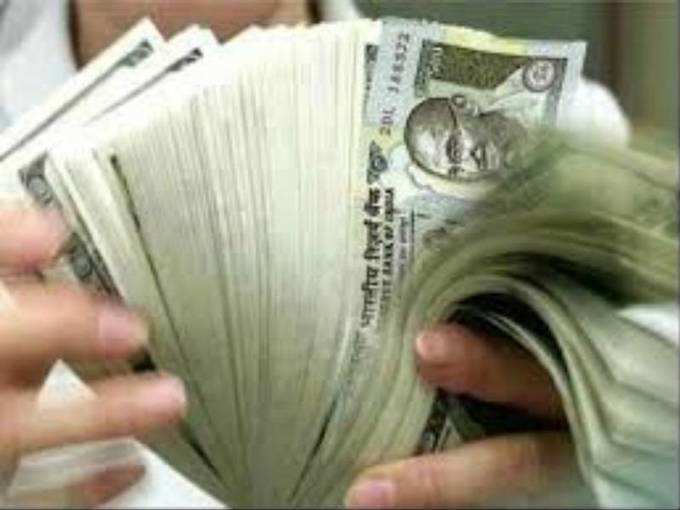
With business sentiments for India improving, industry body
“The business confidence has certainly improved in the last six to seven months, but this confidence now needs to get translated in the project delivery, kick starting the investment cycle and boosting consumer demand. Political consensus among the mainline parties at least on the issues of national importance is a must for taking the economy forward and be counted among the vibrant economies of the world,” said Sunil Kanoria, president of the chamber.
He added that the government should leverage the improved business confidence. “The GST Constitutional Amendment Bill can be brought about and can be moved further only if states and parties ruling there all come to a common platform and resolve their differences,” noted Kanoria.
Apart from
The chamber also pointed out that there were several other challenges especially in terms of credit that prevented several projects from taking off. High rate of NPAs have marred banks’ confidence in firms belonging to real estate and aviation, infrastructure industries, thus making it difficult for them to get funds for new projects.
“The key challenges for the economy remain subdued industrial growth, which had slumped to 1.1% in Q2. There is a persisting contraction in capital goods and consumer goods in Q2 reflecting weak aggregate domestic demand, though automobile sales and purchasing managers’ indices suggest improvement. In the face of further slowdown in the global economy, exports which had been growing till September have slowed down since October by over 5%. We hope the ensuing Foreign Trade Policy will address some of the concerns faced by the exporters,” stated Kanoria.
